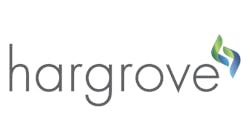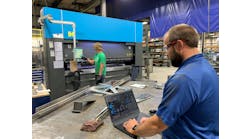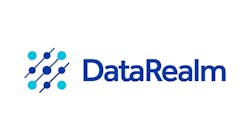Yokogawa and Fractionation Research partner at research facility
STILLWATER, Okla.-- Fractionation Research (FRI) and Yokogawa Corporation of America have announced collaboration on automating procedures and data acquisition for the FRI research facility at the Oklahoma State University campus in Stillwater, Okla. The staff of FRI will work with Yokogawa consultants and implementation experts to automate and optimize procedures that are used in start-up, shutdown and transitions in the distillation columns at the facility, using Yokogawa's Modular Procedural Automation (MPA) methodology.
"Implementation of procedural automation combined with improvements in the collection of process historian data will enable FRI to conduct research for member companies more efficiently," said Pete Parker president of FRI. "We look forward to sharing the results of the automation with our member companies."
Modular Procedural Automation is Yokogawa's consultative methodology that documents and automates procedural operations in continuous processes. The modular design approach facilitates standardized implementation that enables facilities like Fractionation Research to make design and configuration changes rapidly and efficiently, which is critical for their research mission. The solution helps to assure that different operators start, change and stop operation via identical steps, thus facilitating the attainment of safety goals.
Yokogawa is a founding member and strong participant in ISA106, the newly formed standards committee. This committee is focusing on defining procedural automation standards and best practices for the continuous process industry.
Fractionation Research is a non-profit research consortium supported by memberships which include the largest petroleum and petrochemical companies in the world. It was founded in the 1950s to engage in research that was too expensive for any one company. Thirty-seven member companies completed the organizational framework that has now grown to over 70 members including the leading companies in the field of distillation, of which more than 60% are international.



